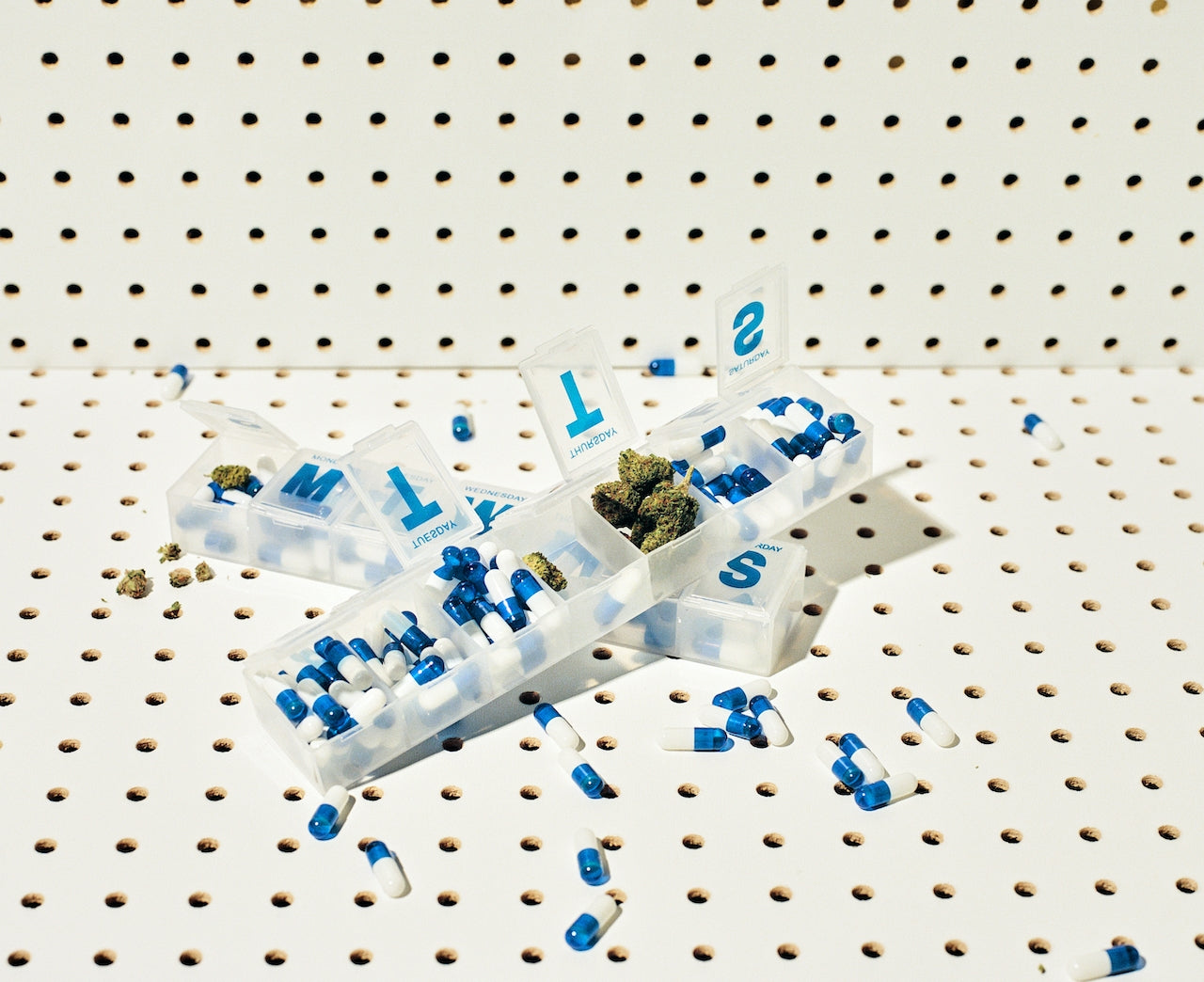Pharmaceutical Versions of Plant Medicine
The realm of mental health treatment is gradually shifting with the introduction of ancient plant medicine types like psilocybin, cannabis, and ketamine. In recent years, these plant medicines have garnered attention for their efficient therapeutic potential in treating mental health conditions.
While some of these substances are classified as illegal drugs under the United States Controlled Substances Act, researchers have been exploring their medicinal benefits and developing pharmaceutical versions to provide remedies for various ailments.
Understanding the progression of plant medicine and the significance of pharmaceutical versions is crucial when navigating your personal health journey.
Plant Medicine Types & Psychedelic-Assisted Therapies
Pharmaceutical versions of these ancient remedies are called “psychedelic-assisted therapies” or “psychedelic medicines.” These types of plant medicines are created in controlled laboratory settings to ensure their purity and quality.
All pharmaceutical forms of these plant medicines are administered in carefully monitored clinical settings. Read on to understand a breakdown of each substance and what we know about its pharmaceutical version.
The Science of Psilocybin As A Medicine
Psilocybin, the active ingredient found in “magic mushrooms,” is a psychedelic compound that alters perception, mood, and thought patterns. Pharmaceutical versions of psilocybin are being developed to treat depression, anxiety, and addiction.
With the use of psilocybin as a pharmaceutical medicine for health and wellness, this plant medicine has been noted to address symptoms of:
- Eating issues or disorders
- Treatment-resistant depression
- PTSD (especially in veterans)
- Narcotic or alcohol addictions & abuse
- Stress or anxiety
One of the leading pharmaceutical versions of psilocybin is called “COMP360,” created by a UK-based company called Compass Pathways. This synthetic version of psilocybin is designed to be consistent in potency and purity.
Currently in clinical trials, COMP360 has shown promise for treatment-resistant depression and has received the “breakthrough therapy” designation from the US Food and Drug Administration (FDA), which could expedite the drug’s approval process.
Cannabis As Type Of Natural Plant Medicine
Cannabis contains over 100 different compounds called cannabinoids, with the most majorly well-known compounds being tetrahydrocannabinol (THC) and cannabidiol (CBD). Today, we’re still currently exploring the depths of cannabinoids and all of the therapeutic potential each compound holds.
However, what we do know is cannabis has long been used for its medicinal properties, and pharmaceutical versions of cannabis are being developed for a plethora of medical conditions. These medical conditions often include:
- Chronic pain
- Epilepsy
- Multiple sclerosis
- Nausea or vomiting
- Nerve damage or pain
- Insomnia or sleep trouble
- Mood shifts
One of the most well-known pharmaceutical versions of cannabis is called “Sativex,” an oral spray containing THC and CBD. Sativex is approved for use in many countries including Canada and the UK as a treatment for spasticity due to multiple sclerosis.
Another pharmaceutical version of medical cannabis is called “Epidiolex.” It is a CBD-based drug approved by the FDA for treating seizures associated with epileptic children.
Ketamine Use in Psychedelic-Assisted Therapies
For over 50 years, ketamine has been used as a dissociative anesthetic in medicine. It is known for its rapid antidepressant effects and continues to be explored as a treatment for depression, anxiety, and PTSD.
Pharmaceutical versions of ketamine are being developed to help with treatment-resistant depression. One of these versions is “esketamine”, a nasal spray approved by the FDA in 2019.
As a modified form of ketamine, esketamine has been shown to work more quickly and with fewer side effects compared to traditional anti-depressants. However, its administration is restricted to healthcare settings due to the potential for abuse and the risk of side effects.
Advocating For Plant Medicine With Sugar Magnolia
Pharmaceutical versions of plant medicine types – such as psilocybin, cannabis, and ketamine – are undergoing extensive research to harness their therapeutic potential while minimizing risks.
While these drugs are still under critical clinical research, they could revolutionize mental health treatments for patients and provide relief to those suffering from treatment-resistant conditions.
Sugar Magnolia: Cultivating the Culture of Plant Medicine
Sugar Magnolia exists to create an effortless, high-vibe way to integrate plant modalities into your intentional and mindful lifestyle. By cultivating a safe space for both the curious and the connoisseur, Sugar Magnolia encourages you to elevate everyday moments and share your sugar responsibly.
Sign up for our newsletter to join The Neighborhood, our inclusive community, where you’ll receive access to the inside scoop and upcoming details on our latest sugar!

